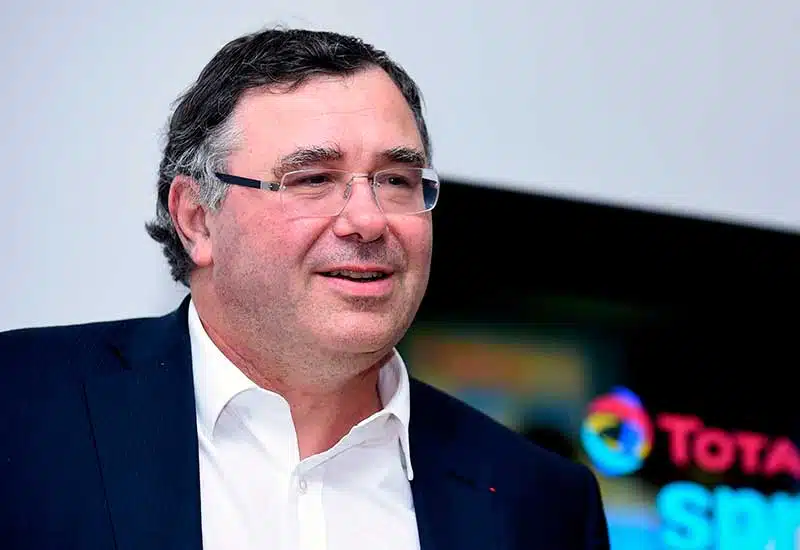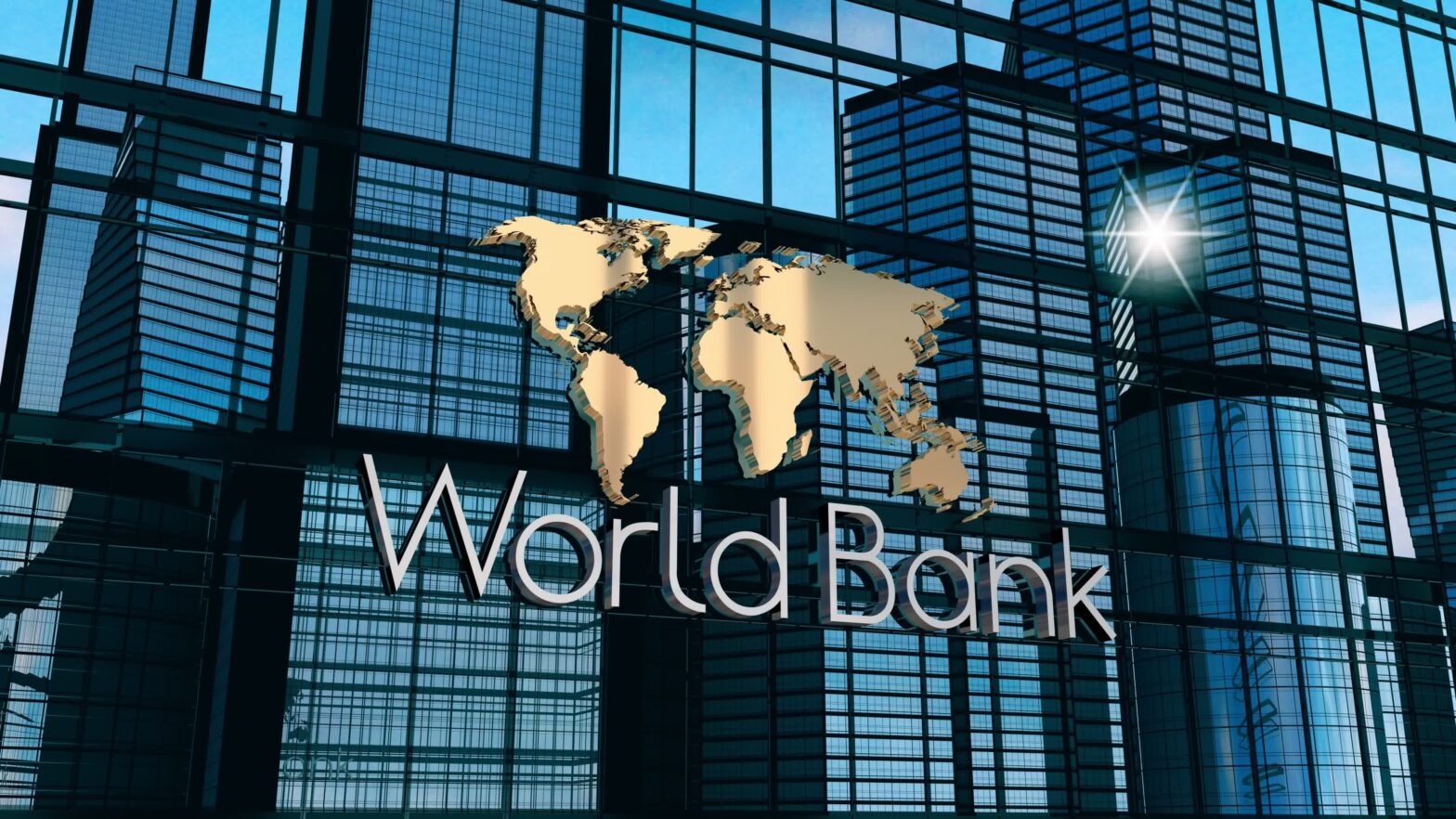More than 40 energy companies have expressed interest in Libya’s latest upstream licensing round, marking a notable shift in the country’s return to the global energy landscape and growing investor confidence in its underexplored oil and gas reserves.
This was disclosed by Abdolkabir Alfakhry, adviser to Libya’s minister of oil and gas, during a session at the Invest in African Energy Forum held in Paris on Wednesday.
“More than 40 companies have already applied to the bid round,” Alfakhry said, noting that results are expected around November. “This will open a new environment for international companies to work in Libya.”
He explained that the renewed interest reflects a combination of favourable geological prospects and improving business fundamentals.
“It’s about finding the place where there are good rocks, good fluids, and you have a surface system that works in terms of predictability and capacity to execute,” he said.
Bid round signals energy sector revival
The licensing round represents Libya’s efforts to re establish itself as a stable and attractive destination for upstream investment following years of political and operational uncertainty.
Alfakhry described the country’s hydrocarbon potential as largely untapped, especially offshore, and said its geographical location gives it a strategic edge.
“Libya’s position on the Mediterranean, its proximity to Europe, and its petroleum systems make it a prime target for exploration,” he noted. “The bid round signals Libya’s integration into the global energy market.”
Libya, which holds Africa’s largest proven oil reserves, has struggled for years to attract consistent investment due to security and governance concerns.
However, the new round is seen as a turning point in its efforts to stabilise operations and attract international partners.
Speaking during the same session, Steiner Våge, president for Europe, the Middle East and Africa at ConocoPhillips, confirmed the company’s commitment to expanding its presence in Libya and across the continent.
“Libya is a place where we can work over the last few years, we’ve significantly increased production at the Waha concession,” Våge said. “We want to see Libya prosper. We’d also like to transfer our knowledge, and we want to work with partners that have similar objectives that is the starting point.”
Våge also noted that while global competition for capital remains high, African countries such as Libya and Equatorial Guinea continue to hold promise for future investment.








